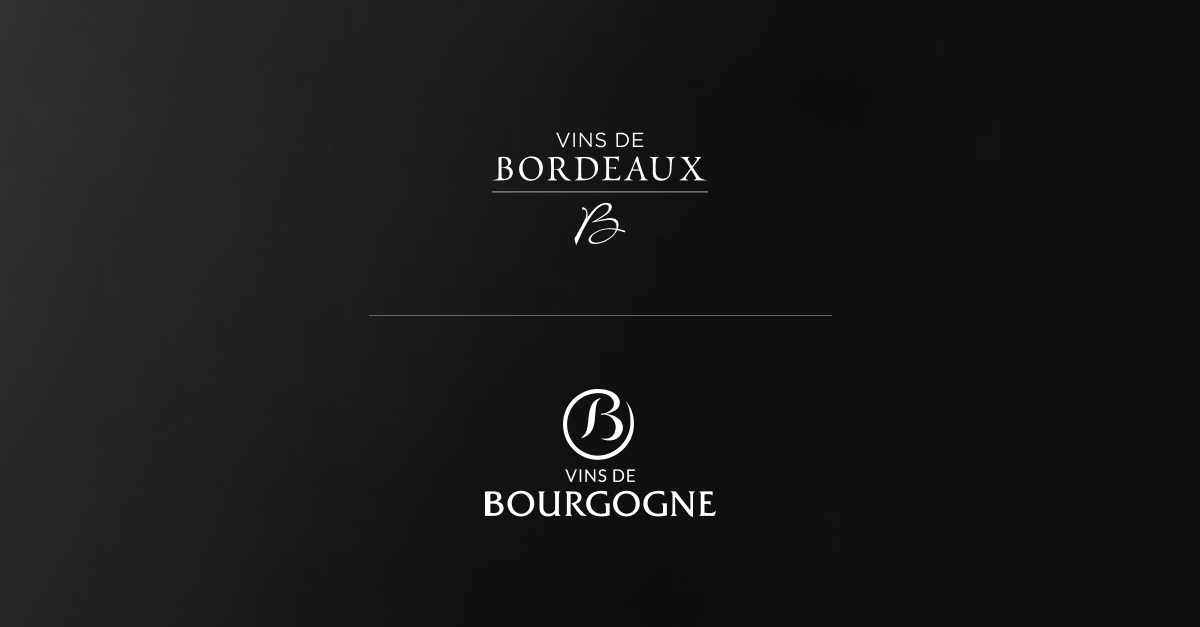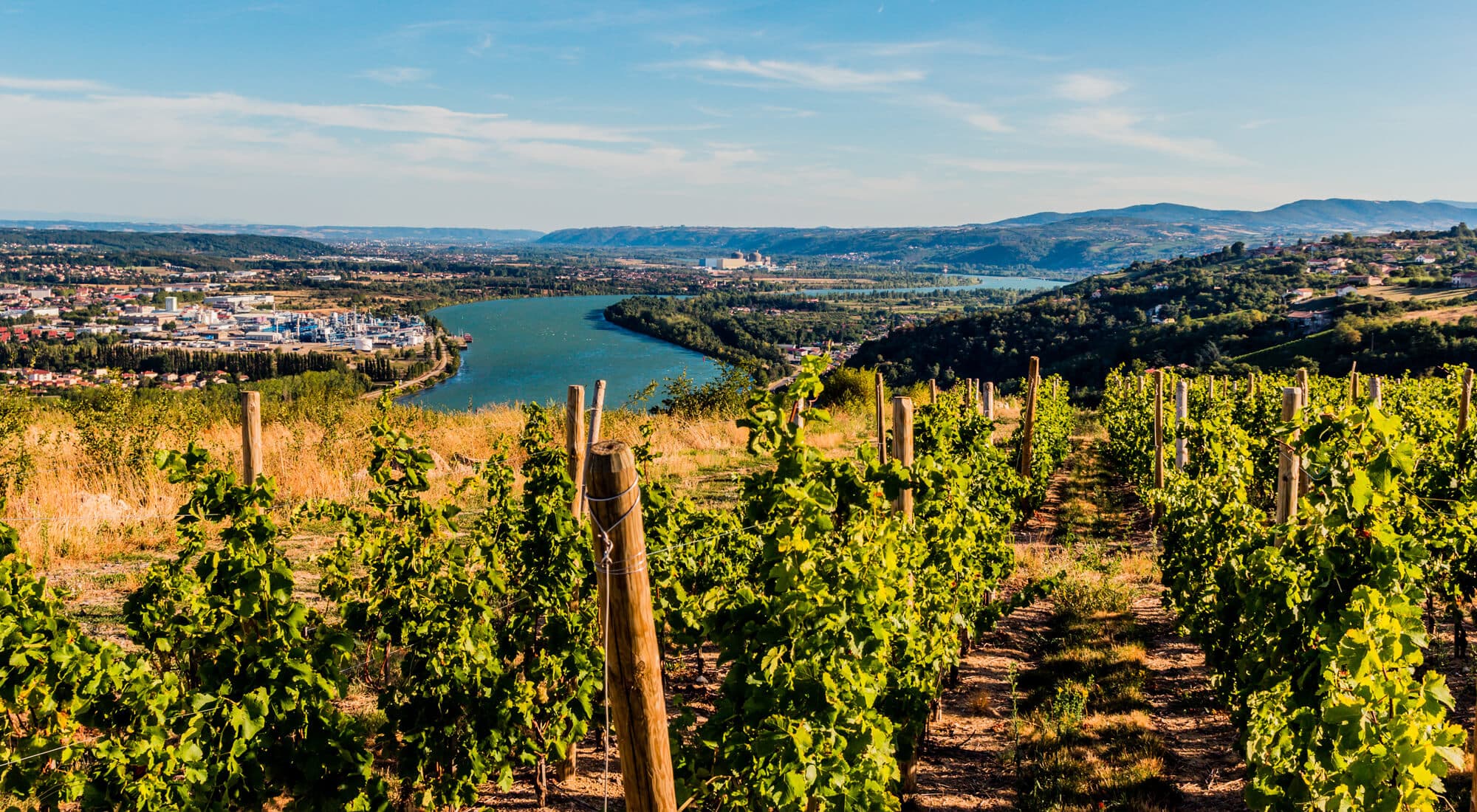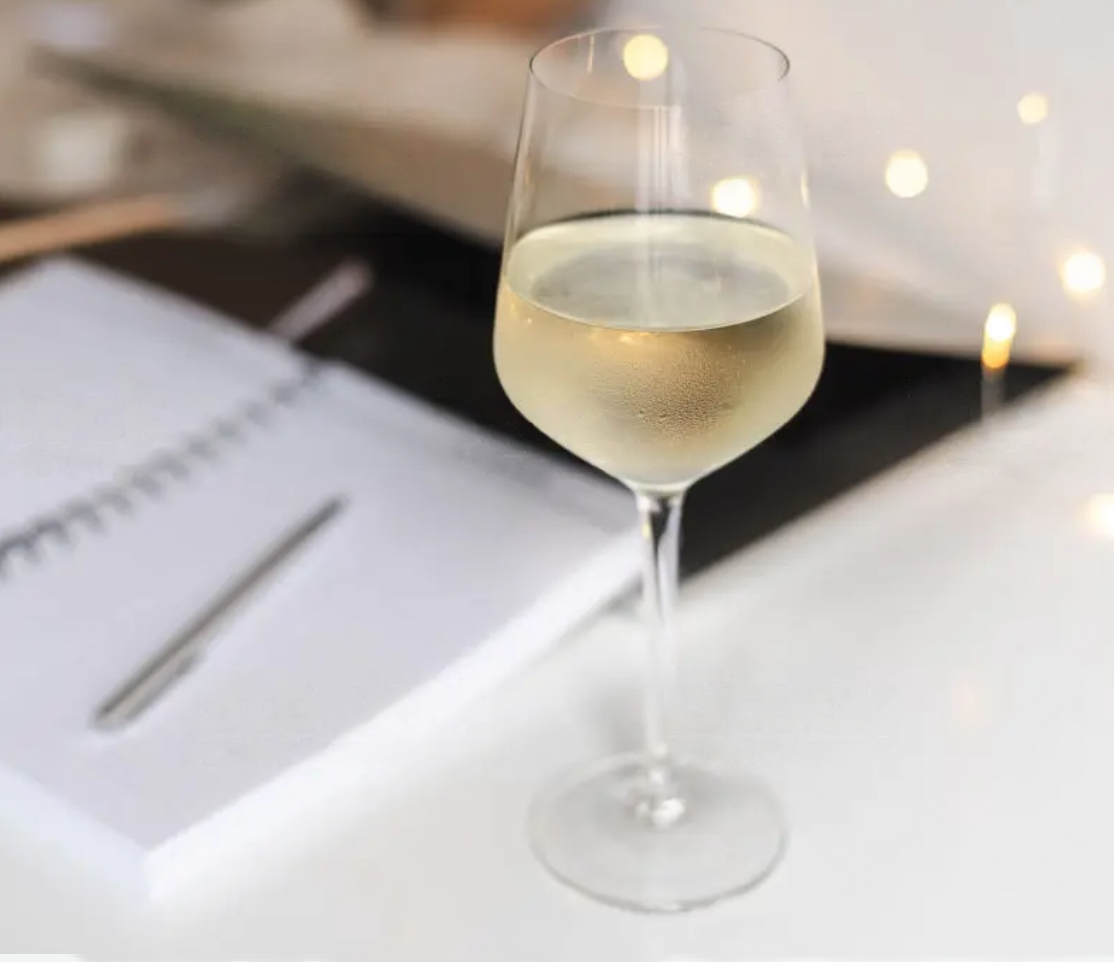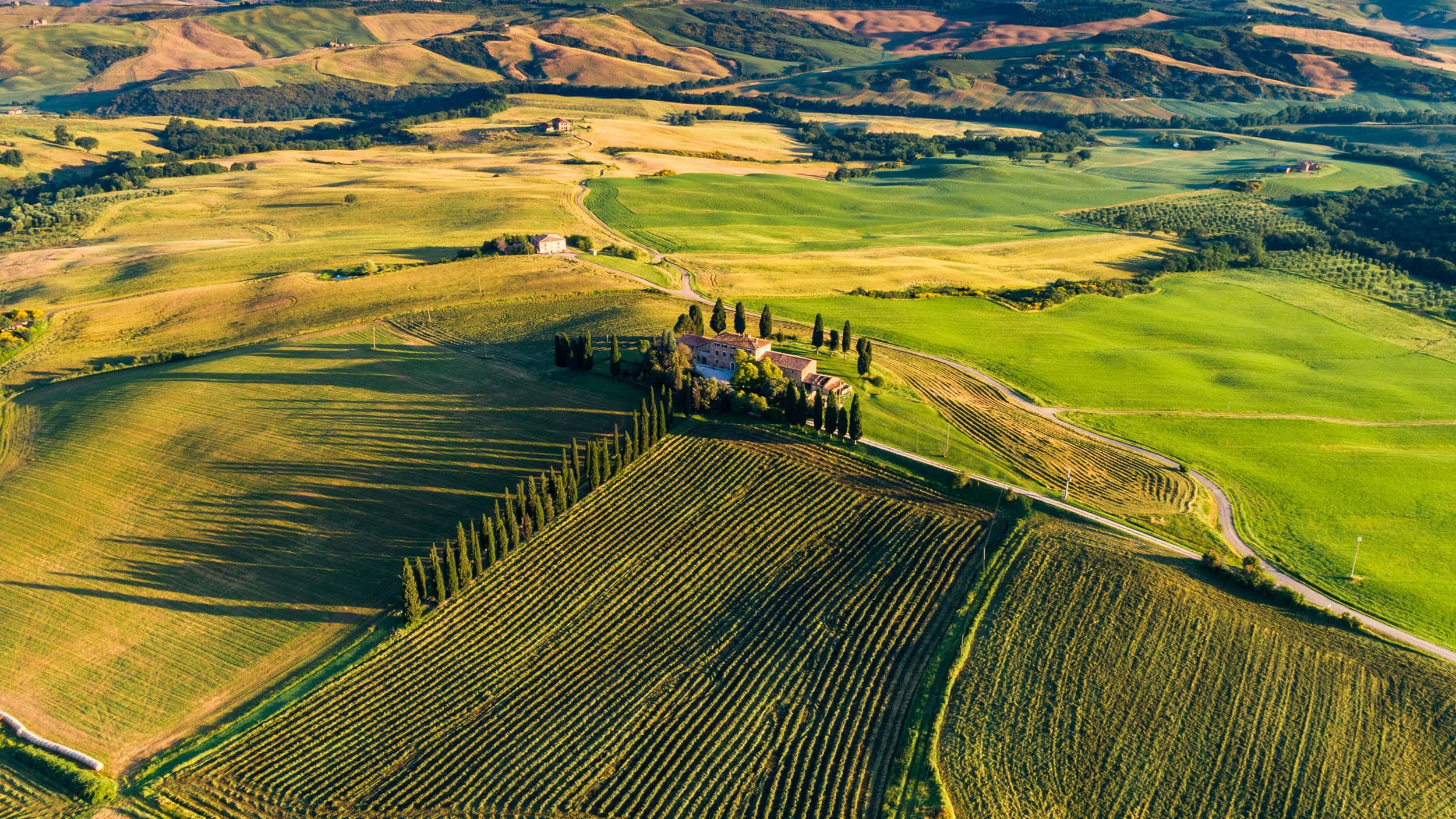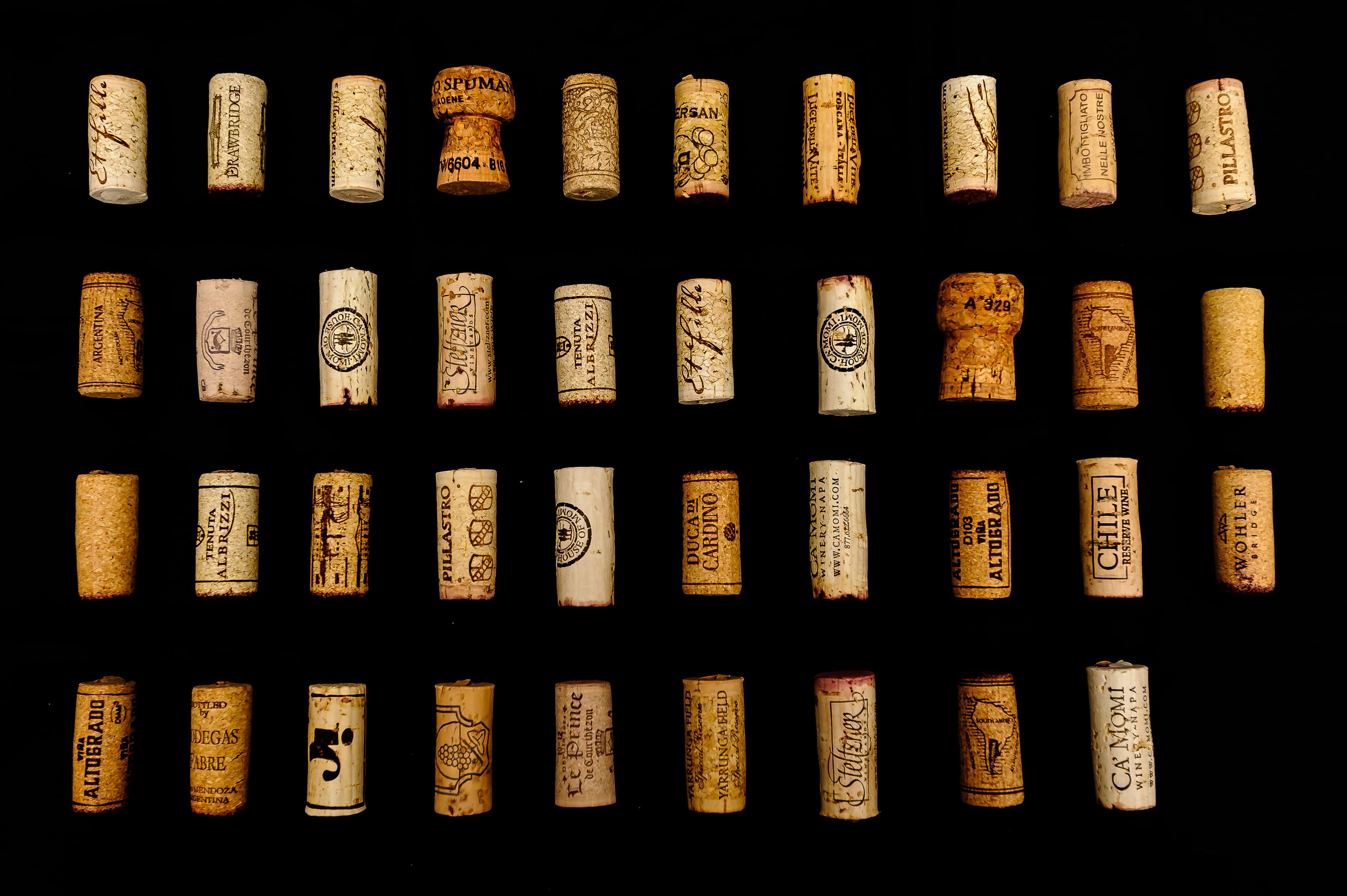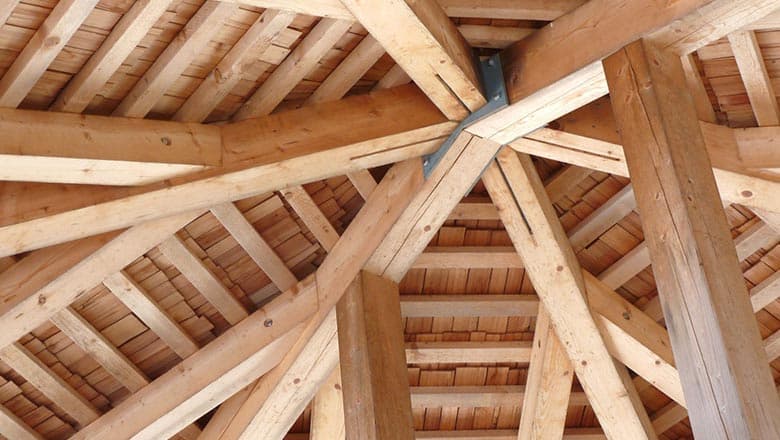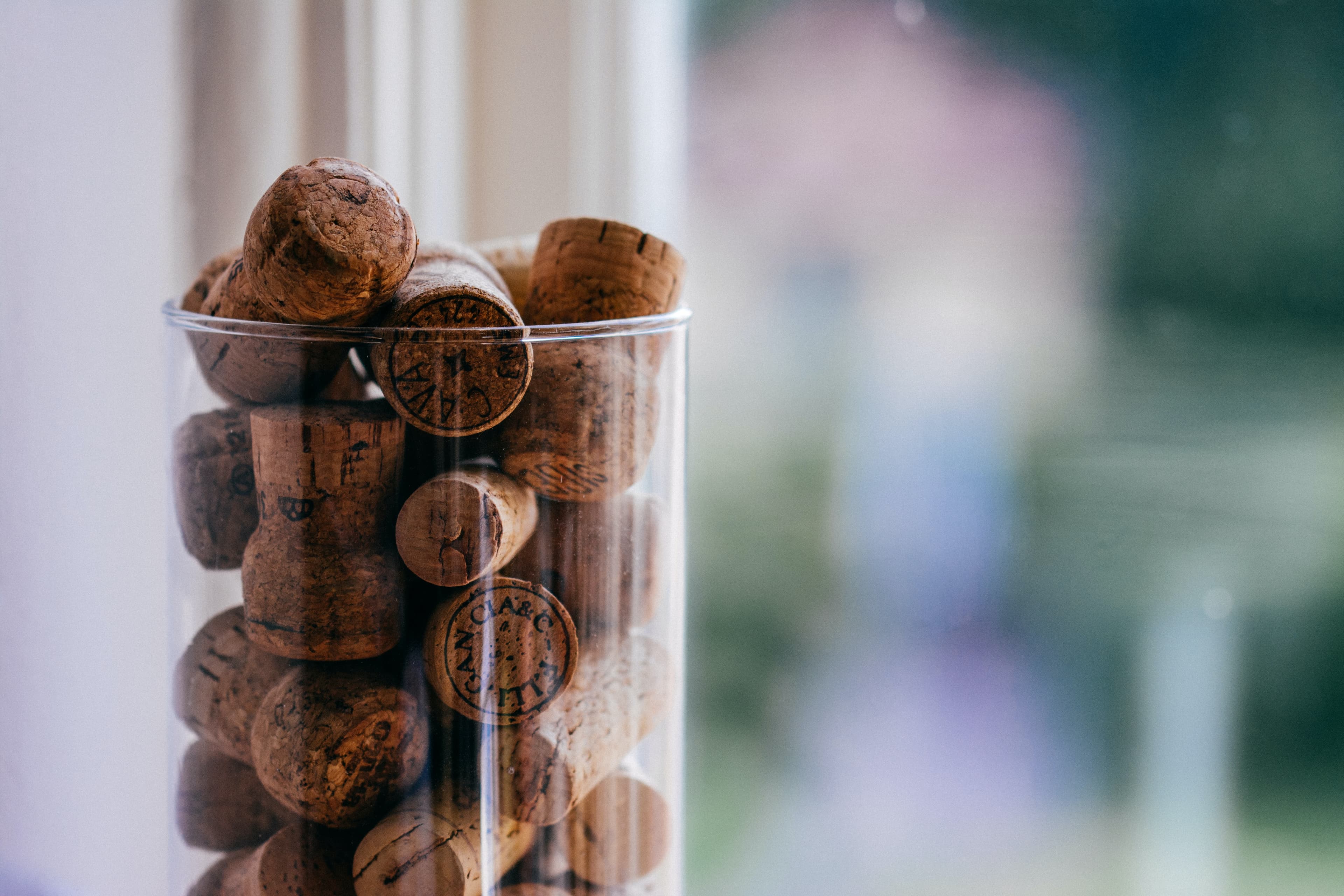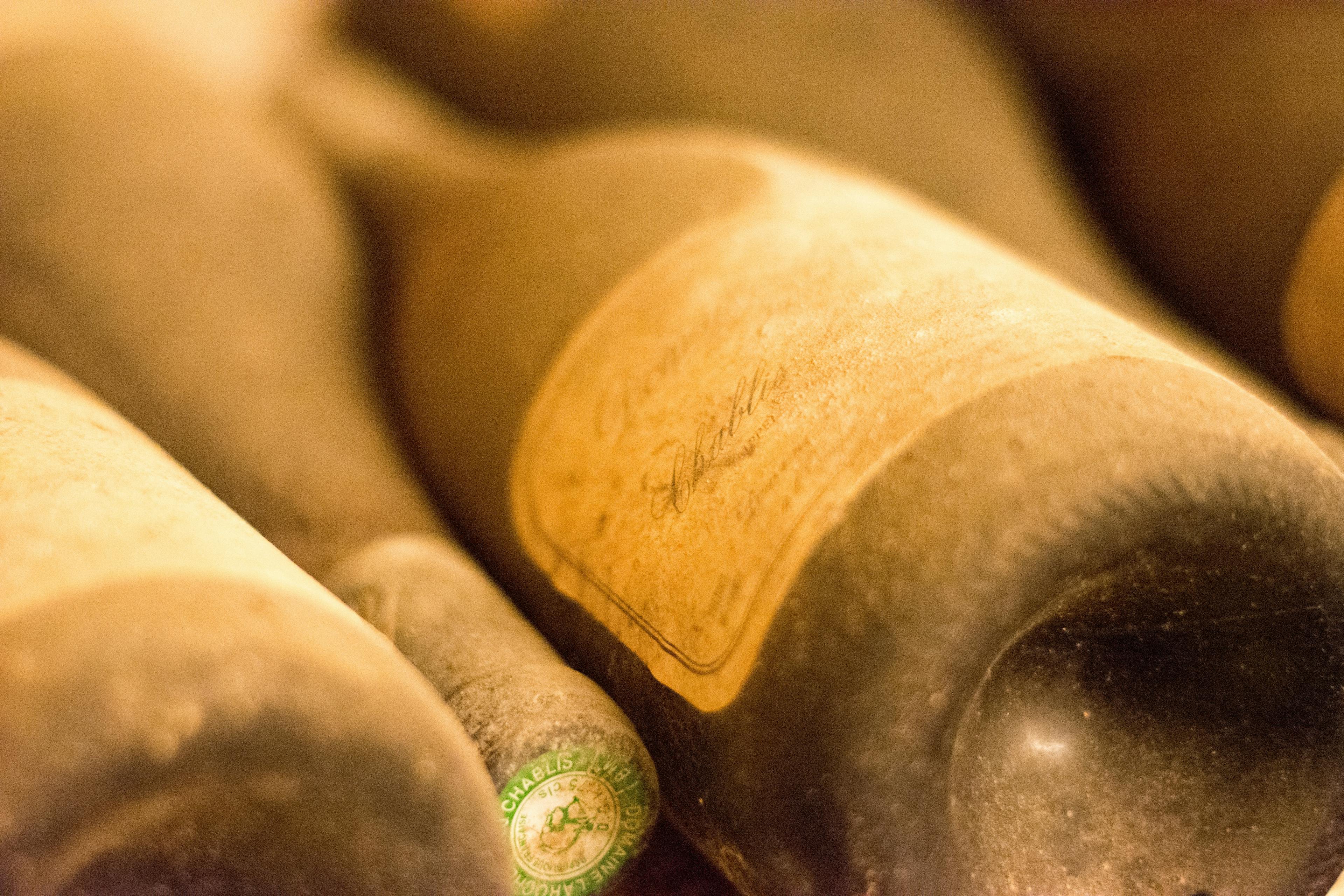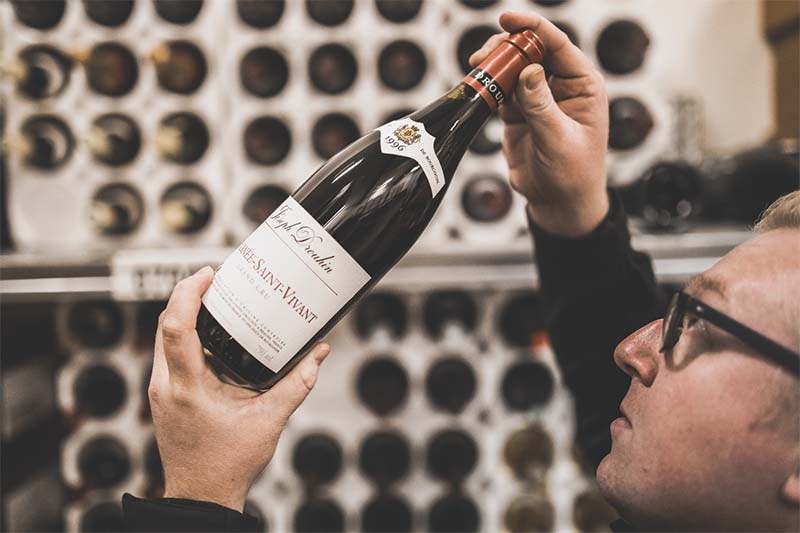
Discover the rich heritage and meticulous techniques that define Joseph Drouhin, a revered name in the world of fine wines. This article delves into the history, philosophy, and the exceptional winemaking process that sets Joseph Drouhin apart from others. From its humble beginnings in Burgundy, France, to its global recognition today, Joseph Drouhin has maintained a steadfast commitment to quality and innovation. Join us as we explore the intricate details and passionate efforts that contribute to the creation of some of the world's most esteemed wines.
Selection of Grapes: The First Step in Quality Winemaking
The selection of grapes is a critical first step in the winemaking process, particularly for esteemed producers like Joseph Drouhin. This stage determines the potential quality and flavor profile of the wine. At Joseph Drouhin, meticulous attention is paid to choosing the best grapes, which are often handpicked from the finest vineyards in Burgundy. This ensures a perfect starting point for their renowned wines.
Climate Considerations: The microclimate of each vineyard plays a crucial role. Temperature, sunlight, and rainfall patterns must align perfectly to cultivate grapes that are both robust and capable of expressing the terroir.
Soil Health: Soil composition affects the nutrients available to the grapevines. Rich, well-drained soil is ideal for fostering vines that produce grapes with concentrated flavors.
Grape Variety: Each varietal has its unique characteristics and responds differently to environmental factors. Pinot Noir and Chardonnay, for instance, are carefully selected for their ability to thrive in Burgundy’s climatic conditions.
For enthusiasts looking to explore how these carefully selected grapes translate into their final product, discovering the food pairings that complement Joseph Drouhin wines can enhance the tasting experience.
The Role of Artisanal Techniques in Production
Artisanal techniques play a pivotal role in the production of Joseph Drouhin wines, significantly influencing their taste. These traditional methods, honed over generations, ensure each bottle reflects the unique terroir and heritage of its vineyard.
Hand-picking of Grapes: Selecting grapes by hand allows for the careful choice of only the best fruit, essential for high-quality wine. This labor-intensive process avoids the harsh treatment that mechanical harvesters can impose, preserving the delicate skin and optimal ripeness.
Natural Fermentation: Utilizing indigenous yeasts from the vineyard environment enhances the complexity and depth of flavor. This method fosters a more organic fermentation process, where the character of the wine develops slowly and naturally.
Aging in French Oak Barrels: The use of oak barrels for aging integrates subtle wood notes into the wine. These containers also allow for a small amount of oxygenation, which helps soften the tannins and enrich the overall profile.
Bottle Aging: Before release, wines are aged in bottles to allow the flavors to meld further, resulting in a smoother, more balanced finish. This step is crucial for achieving the elegance and sophistication that Joseph Drouhin is known for.
Barrel Aging: Types of Oak and Their Influence
Barrel aging is a crucial step in the production of Joseph Drouhin wines, significantly influencing their flavor, texture, and aroma. The type of oak used for the barrels plays a pivotal role in this process. French oak is highly prized for its tight grain and subtle spice notes, which impart elegance and complexity to the wine. American oak, on the other hand, tends to have a looser grain and offers sweeter, more robust vanilla flavors that can enhance the boldness of the wine.
Each oak type interacts differently with the wine, affecting its development over time. For instance, French oak typically allows for a slower, more controlled oxidation process, gradually refining the wine's structure and adding delicate layers of flavor. American oak often results in quicker oxygenation, giving wines a richer, more immediate profile.
Understanding these nuances is key to enjoying Joseph Drouhin wines to their fullest. Here are some points to consider:
Origin of Oak: The region where the oak was grown affects its characteristics.
Age of Wood: Older wood can provide more nuanced flavors.
Toasting Level: The intensity of the barrel's char can influence the spicy notes in the wine.
The Precision of Blending Different Parcels
Blending different parcels with precision is a hallmark of Joseph Drouhin's winemaking process. This meticulous approach ensures that each bottle reflects the unique characteristics of its Burgundy origins. By carefully selecting grapes from various vineyards, the winery can craft a harmonious blend that showcases the region's diverse terroir.
Attention to Detail: Each parcel is evaluated for its individual contribution to the blend, considering factors like soil composition, microclimate, and grape variety.
Harmonization: The winemakers at Joseph Drouhin strive to balance the distinct qualities of each parcel, creating a wine that is greater than the sum of its parts.
Quality Control: Throughout the blending process, numerous tastings are conducted to ensure that the final product maintains a consistent style and quality level.
Innovation and Tradition: Leveraging both traditional techniques and modern technology, the winery achieves a blend that respects the heritage of Burgundy while embracing innovation.
This careful blending not only enhances the complexity of the wine but also ensures a consistent product year after year, solidifying Joseph Drouhin's reputation in the wine industry.
Harvesting Techniques: Hand-Picking vs. Mechanical
Harvesting grapes is a critical step in winemaking, and the method used can significantly impact the quality of the wine. Joseph Drouhin, a renowned winery, employs both hand-picking and mechanical harvesting techniques, each with its own set of advantages.
Hand-picking is labor-intensive but allows for selective harvesting. This method ensures that only the ripest and healthiest grapes are chosen, which is crucial for maintaining the high standards of quality that serve Joseph Drouhin wines. Workers can also handle the grapes more gently, reducing the risk of bruising and damage that could potentially alter the flavor profile of the wine.
On the other hand, mechanical harvesting is much faster and more cost-effective. Machines can cover large areas quickly, which is beneficial in vineyards with extensive acreage. However, this method might compromise the selectivity, potentially including underripe or overripe grapes in the mix.
Selectivity: Hand-picking offers greater control over the quality of grapes selected.
Speed: Mechanical methods provide a quicker harvesting process.
Cost: Manual labor is more expensive than mechanical techniques.
Gentleness: Hand-picking reduces the likelihood of damaging the grapes.
The Importance of Yeast Selection in Fermentation
Yeast selection plays a pivotal role in the fermentation process, significantly influencing the flavor, aroma, and overall quality of wine. In the case of Joseph Drouhin, meticulous attention to yeast strains ensures that each of their popular vintages stands out for its unique characteristics. The choice of yeast affects several aspects:
Flavor Profile Development: Different yeasts can enhance specific flavors in wine, from fruity to earthy notes, shaping the wine's final taste.
Fermentation Speed: Yeasts vary in how quickly they convert sugars into alcohol. Selecting the right type can control the fermentation rate, impacting the wine's texture and stability.
Aroma Enhancement: Certain yeasts are known for their ability to produce or modify aromatic compounds, which can add complexity to the wine’s bouquet.
Adaptability to Conditions: Some yeasts perform better under specific environmental conditions such as temperature and pH, making them ideal for certain vineyards or regions.
By carefully selecting the appropriate yeast strains, Joseph Drouhin ensures that each batch of wine not only maintains high quality but also provides a distinct experience reflective of their brand's heritage and expertise.
Monitoring and Controlling Fermentation Temperatures
Monitoring and controlling fermentation temperatures is crucial in the winemaking process at Joseph Drouhin. This meticulous approach ensures that each varietal expresses its unique characteristics and quality. Temperature control during fermentation affects the color, flavor, and texture of the wine. By carefully managing this aspect, Joseph Drouhin can produce wines that are not only consistent but also reflect the terroir of their vineyards.
Precision: State-of-the-art technology is used to monitor the temperatures continuously. This precision prevents the wine from undergoing unwanted chemical reactions that could compromise its flavor and aroma.
Adaptability: Depending on the grape type and the desired wine style, the fermentation temperatures might vary. Red wines typically require higher temperatures to extract more color and tannins, whereas whites benefit from cooler temperatures to maintain their floral notes and acidity.
Consistency: Through consistent temperature control, Joseph Drouhin ensures that each batch of wine meets their high standards, preserving the legacy and quality that the brand is known for.
For more detailed facts, exploring the specific techniques and technologies used can provide deeper insight into the craftsmanship at Joseph Drouhin.
The Art of Pruning and Vineyard Management
Pruning and vineyard management are critical aspects of producing high-quality wines, and at Joseph Drouhin, these practices are elevated to an art form. Each vine is meticulously cared for, with specific techniques tailored to its age, varietal, and the microclimate of the plot. This personalized approach ensures that each grape reaches its fullest potential, contributing to the complex flavor profiles for which Drouhin wines are renowned.
Seasonal Timing: Pruning is done in the winter when the vines are dormant, reducing stress on the vines and setting the stage for optimal spring growth.
Methodology: Skilled vintners employ both cane and spur pruning techniques depending on the vine's needs, promoting healthier plants and better yields.
Sustainability Practices: Organic and biodynamic farming methods are integral to vineyard management, emphasizing the health of the soil and surrounding ecosystem.
Understanding the history of Joseph Drouhin not only enriches one's appreciation of their wines but also highlights the dedication to tradition and innovation in their vineyard management practices. This blend of old and new techniques is essential for adapting to changing climatic conditions while maintaining the signature quality of their wines.
Sustainability Practices in the Vineyards and Winery
Sustainability practices at Joseph Drouhin extend deeply into both their vineyards and winery operations, reflecting a commitment to environmental stewardship and quality wine production. In the vineyards, organic and biodynamic farming methods are rigorously applied. These techniques ensure that no synthetic pesticides or fertilizers are used, promoting a healthier ecosystem and richer soil. Crop rotation and maintaining ground cover are also integral, helping to prevent erosion and enhance soil fertility.
Within the winery, energy efficiency is a priority. Solar panels and other renewable energy sources power much of the facility, reducing carbon emissions significantly. Water conservation is another critical focus, with advanced systems in place to recycle and reuse water during the winemaking process. This not only minimizes waste but also conserves an essential resource.
Moreover, Joseph Drouhin emphasizes the importance of sustainable packaging solutions. Lightweight bottles are used to decrease shipping weights, thereby reducing fuel consumption and greenhouse gas emissions. All these efforts are part of a broader strategy to store Joseph Drouhin wines in a manner that respects the environment and ensures the longevity and purity of their products.
Quality Control: From Vineyard to Bottle
Joseph Drouhin's commitment to quality control is evident at every stage of the winemaking process, from the careful selection of grapes in the vineyard to the meticulous practices in bottling. This renowned winery employs several key strategies to ensure the highest standards are met:
Vineyard Management: The approach starts in the vineyards, where organic and biodynamic farming practices are implemented. These methods enhance the soil's health and the overall ecosystem, leading to more robust and high-quality grapes.
Harvesting Techniques: Grapes are handpicked with precision to ensure that only the best fruit makes it to production. Timing of the harvest is crucial and is determined by optimal ripeness to guarantee flavor intensity and balance.
Fermentation Control: Temperature-controlled fermentation allows for the preservation of specific varietal characteristics and prevents the loss of delicate aromas. This process is closely monitored to ensure consistency and quality in every batch.
Aging and Maturation: Wines are aged in carefully selected oak barrels, which contribute to their complexity and refinement. The duration of aging is tailored to each wine type, enhancing its unique profile.
Bottling Standards: Before bottling, wines undergo rigorous testing for stability and purity. The bottling line is sterilized to perfection, ensuring that each bottle maintains the wine's integrity and quality.
Through these detailed and controlled steps, Joseph Drouhin guarantees that each bottle reflects their dedication to excellence and respect for tradition.
Conclusion
In conclusion, the meticulous craftsmanship behind Joseph Drouhin wines is a testament to the brand's dedication to quality and tradition. From the careful selection of terroirs to the sustainable practices that preserve the land and enhance the quality of the wine, Joseph Drouhin exemplifies the artistry and precision inherent in producing world-class wines. This commitment not only enriches the flavor and complexity of the wines but also ensures they continue to be celebrated and sought after in the global market.
For enthusiasts and collectors looking to invest in Joseph Drouhin wines, Rekolt offers a seamless solution that combines the pleasure of collecting fine wines with the practicality of modern investment. By choosing our professional cellar storage option, you ensure that your wines are maintained in optimal conditions, preserving their quality and enhancing their value over time. This service not only provides a secure environment for your investment but also offers the flexibility to trade or resell your wines through our marketplace, making Rekolt the ideal partner for both enjoying and investing in the exquisite craftsmanship of Joseph Drouhin wines. Whether you are a seasoned collector or a new enthusiast, Rekolt bridges the gap between passion and investment, bringing the legacy of Joseph Drouhin right to your doorstep.
Share this article
